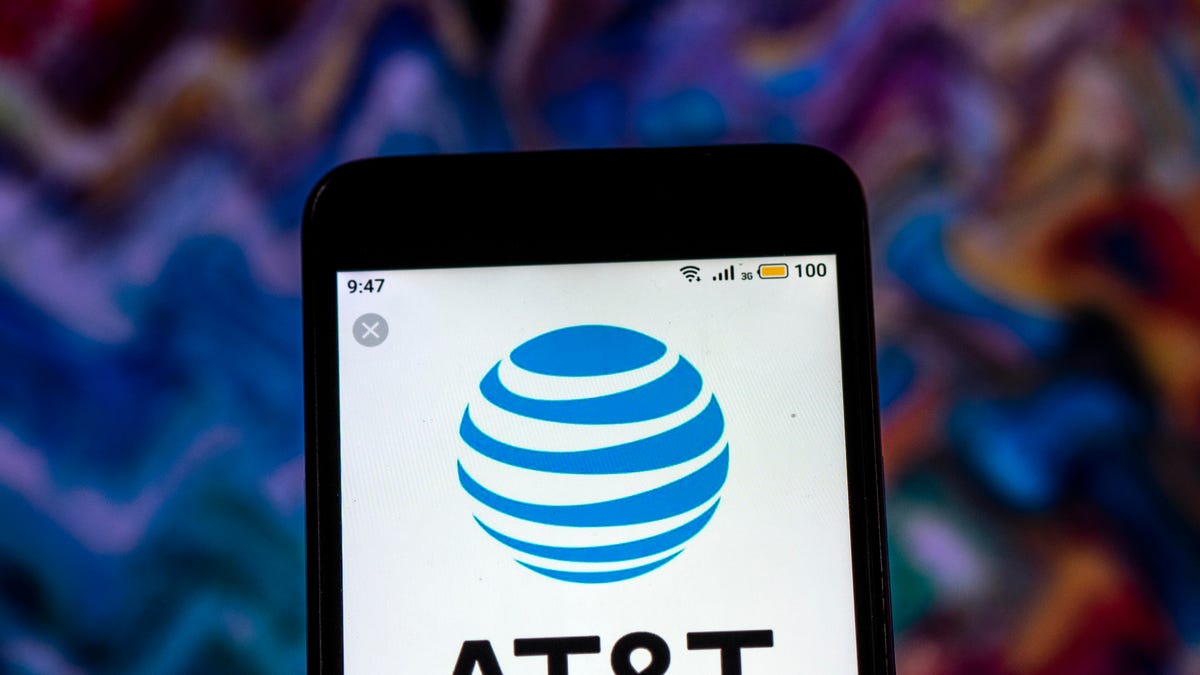AT&T and FTC settle 2014 throttling lawsuit for $60 million
The FTC found the wireless carrier misled customers that its unlimited data plan was really unlimited.

The Federal Trade Commission and AT&T have agreed to a $60 million settlement to end litigation in the 2014 lawsuit that accused the wireless carrier of deceiving its unlimited-data customers when it slowed their connection speeds.
The FTC said AT&T had charged customers for "unlimited" data plans, but didn't disclose that service would be slowed, or throttled, if customers reached a certain threshold of data usage during the billing period. The agency said that at least 3.5 million customers had been throttled by AT&T and that the practice resulted in slowing speeds 80% to 90%.
"AT&T promised unlimited data -- without qualification -- and failed to deliver on that promise," Andrew Smith, director of the FTC's Bureau of Consumer Protection, said in a press release Tuesday announcing the settlement. "While it seems obvious, it bears repeating that Internet providers must tell people about any restrictions on the speed or amount of data promised."
AT&T began placing speed limits on its unlimited service in 2011, slowing it from a high-speed LTE connection to a 2G connection. For customers, the experience was like going from broadband to a dial-up modem. At the time, AT&T said it would limit only the top 5% of its heaviest users to this throttling practice. But it later clarified that to say those who access 5 gigabytes of data in a billing period.
An AT&T spokesman said the company is glad to have the lawsuit behind it.
"Even though it has been years since we applied this network management tool in the way described by the FTC, we believe this is in the best interests of consumers," he said in the statement.
The court case has taken years to resolve. AT&T challenged the FTC's jurisdiction to bring the case. The lawsuit was dismissed in 2016 by a US appeals court that found the FTC lacked authority because wireless broadband is a so-called Title II service, which would fall under the jurisdiction of the FCC. But in 2018, after the FCC repealed Title II, the Ninth Circuit Court of Appeals ruled that the FTC did have jurisdiction and authority to challenge the company's marketing of mobile data services. This allowed the FTC to proceed with its case.
As part of the settlement, AT&T cannot market its service as "unlimited" without disclosing any material restrictions on the speed or amount of data. The disclosures need to be prominent and cannot be buried in fine print or hidden behind hyperlinks.
As for the $60 million, AT&T will deposit the money into a fund to provide partial refunds to both current and former customers who had originally signed up for unlimited plans prior to 2011 but were throttled by AT&T. Affected consumers won't be required to submit a claim for the refunds. Current AT&T customers will automatically receive a credit to their bills, while former customers will receive checks for the refund amount they're owed.
The FTC approved the final order in a 4-0-1 vote. Commissioner Rebecca Kelly Slaughter was recused. Commissioner Rohit Chopra issued a statement on the matter. The FTC filed the stipulated order in the US District Court for the Northern District of California, San Francisco division.
Several news agencies had reported on the settlement in August based on preliminary court filings. But the FTC didn't officially vote on the settlement until now.
Updated 10:58 a.m. PT: This story was updated with a comment from AT&T.

